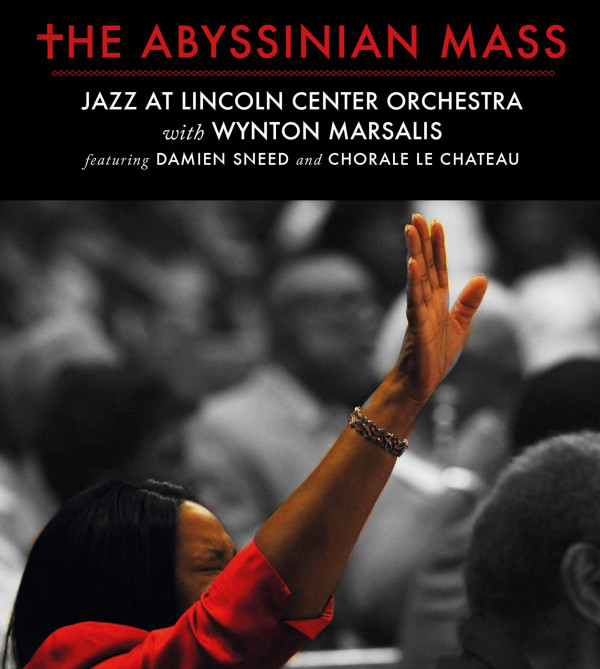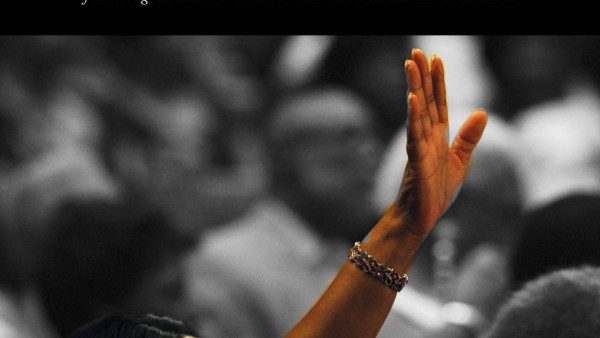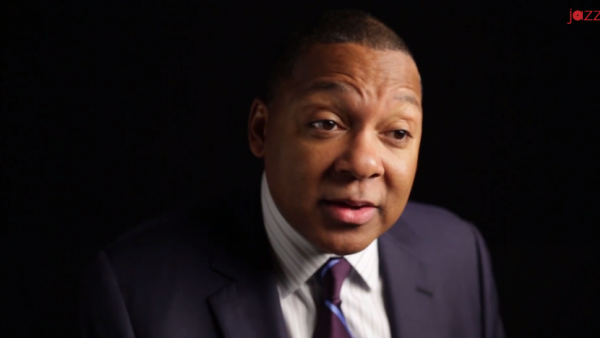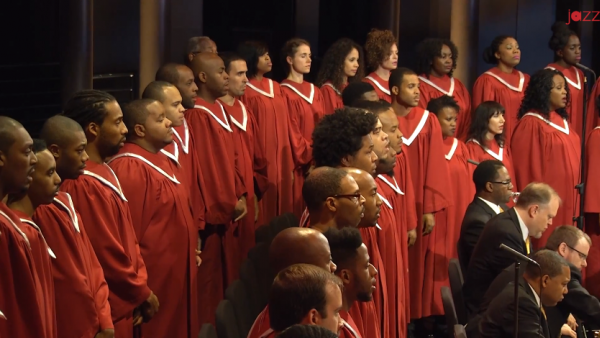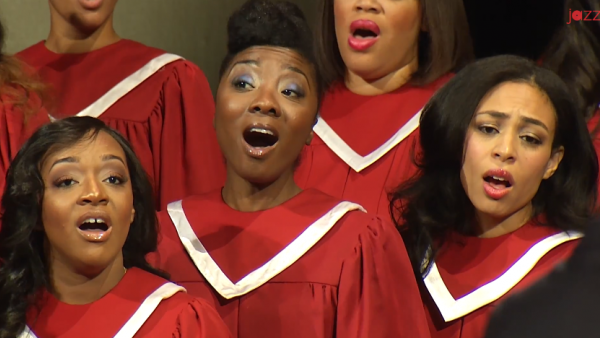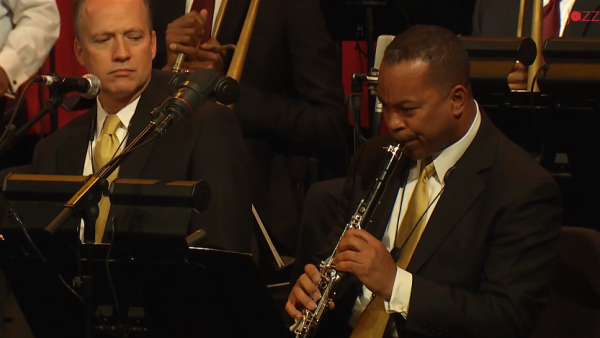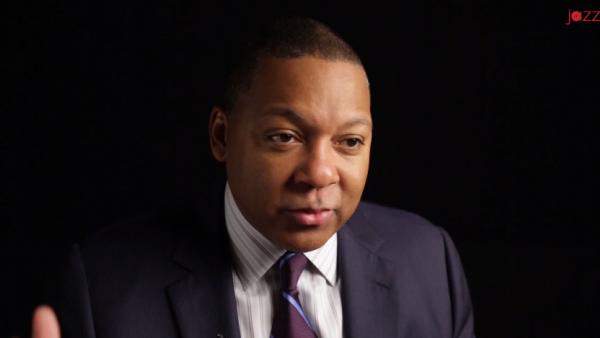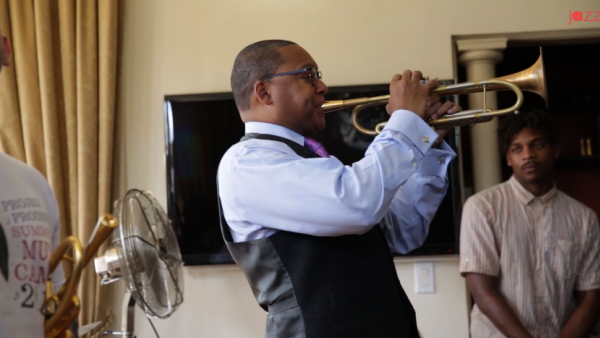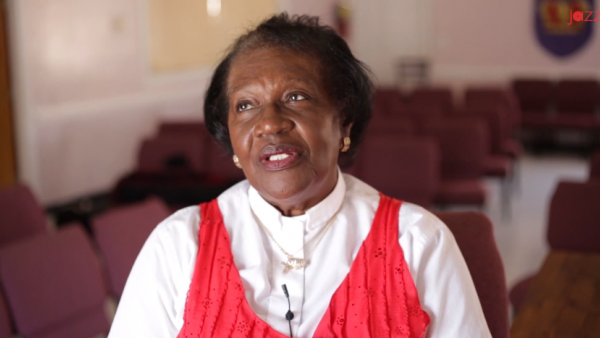The Abyssinian Mass – Jazz at Lincoln Center Orchestra with Wynton Marsalis
During the sermon section of The Abyssinian Mass, Rev. Dr. Calvin O. Butts III welcomes congregants with a statement that is the underlying theme of the piece: “Everybody has a place in the house of God.”
Unity in diversity under one supreme deity is the binding agent of The Abyssinian Mass, written in partnership with Harlem’s historic Abyssinian Baptist Church by Pulitzer Prize-winning jazz musician, composer, and educator Wynton Marsalis. Blending the liturgical structure of the Catholic and mainline Protestant churches with the demonstrative aspects of the Baptist, Pentecostal, and Holiness churches, Marsalis has composed a tour de force of masterful choral and solo singing and virtuoso ensemble and solo musicianship.
The piece’s unifying element also extends to musical differences, as one can hear influences ranging from classical and spiritual to gospel and jazz, and even Middle Eastern. There’s even diversity within the jazz idiom, as the musicians shift seamlessly from Dixieland/traditional to contemporary to experimental throughout the two-hour-plus opus. Rev. Dr. Butts reminds the congregants—the assembled musicians, choir, and listening audience—that prayer is another great unifier: denominations may differ in their worship practices and in their name for God, but they all have prayer in common. And in the midst of troubled times, people pray together, regardless of race, creed, color, and gender.
The Abyssinian Mass is also a celebration of the African American church in its own diversity. The uptempo Processional, “We Are On Our Way,” evokes the choir marching up the middle aisle to take its place behind the pastor. In other sections, the choir and instrumentalists represent the sound of worshipers in the throes of rejoicing, moaning, testifying, and praying. The choir follows up their dark, dense chords on “Lord Have Mercy” with energetic blasts of sound that signify the catharsis of confession. A portion of the Offertory includes “(You Gotta Watch) The Holy Ghost,” which features Sherman Irby whose alto saxophone gives the Spirit a trickster’s unpredictability, evoking Horace Silver’s “The Preacher.” It would not surprise me to discover that Marsalis was inspired in part by the good-natured gait of Silver’s classic.
Damien Sneed’s Chorale Le Chateau is one of today’s most vocally versatile professional choirs. For The Abyssinian Mass, the choir serves as congregation, coloring spirituals, anthems, and art songs with swatches of jazz, classical, and gospel. Sneed draws inspiration from all of these genres, as does Marsalis, so the coupling of the two on one piece was inevitable.
There is so much more than can be written about The Abyssinian Mass—I haven’t even mentioned the companion DVD that provides the visual to the aural. Suffice it to say that the piece deserves placement alongside Ellington’s three Sacred Concerts and Mary Lou Williams’ Mass as testaments to the capacity of humankind to embrace and articulate its majestic side and how, in the great cosmology of music, there really is no difference between sacred and secular.
By Bob Marovich
Source: Journal of Gospel Music

